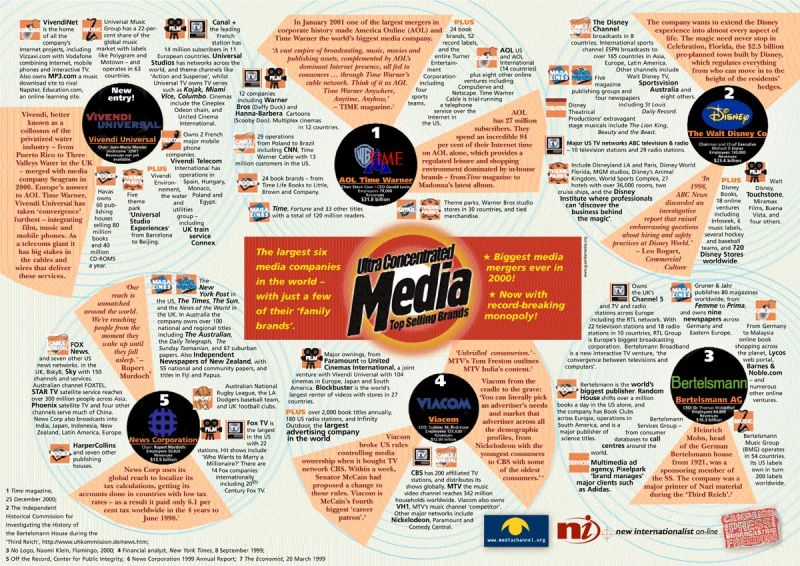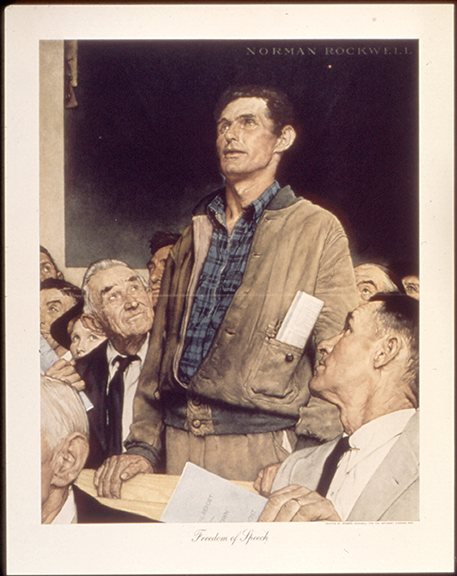 The last time a sitting president sued a newspaper for libel, laughter broke out on the floor of the US Senate.
The last time a sitting president sued a newspaper for libel, laughter broke out on the floor of the US Senate.
That was December 15, 1908, when president Teddy Roosevelt sued the New York World newspaper after it linked him to corruption over the Panama Canal. Roosevelt ordered federal attorneys to file criminal libel suits against newspapers all over the country. Democrats were outraged, once they stopped laughing. One US attorney resigned in protest rather than prosecute Teddy’s critics for libel.
The main target of the suits, New York World newspaper publisher Joseph Pulitzer, famously said: “He cannot muzzle the World.” (See Pulitzer’s Reply Dec. 16, 1908)
Roosevelt’s lawsuit, US v Press Publishing, used to be considered the “last gasp” of seditious libel.
The US Supreme Court didn’t think much of the suit, handing down a ruling in 1911 that was only two pages long. The ruling ignored the merits of the case and simply sustained an objection by Press Publishing (the owner of the NY World) that “the court has no jurisdiction in this case, because there is no statute of the United States authorizing the prosecution.”
The case was thought to be a First Amendment landmark at the time, but it is barely remembered in communications law textbooks today. After all, what sitting president would lower himself to file such a suit? Even outright allegations of murder did not tempt President Bill Clinton to wield that cudgel against critics like Jerry Falwell. What president would be so foolish as to sue for libel just because a newspaper published a disagreeable opinion?
Which brings us to Donald Trump, the president who defied expectations. Tump sued the New York Times on Feb. 26, 2020, and the Washington Post, on March 3, 2020, for an apparently disagreeable opinion about Trump’s relationship with Russian dictator Vladimir Putin. In the suit, Trump claimed that the Times knowingly published the supposedly false charge that there was a “quid pro quo” with the Russians in return for their help in the 2016 election. (The plaintiff’s petition can be read here.)
This “quid pro quo” was described in an op-ed written by former New York Times editor Max Frankel and published March 27, 2019. In the op-ed, Frankel rejected small concerns about “collusion” with Russia in the Trump campaign. The much larger issue, he said, involved the relationship between Trump and Putin.
(UPDATE: The story continues but the court dismissed Trump’s lawsuit in March, 2021).
Continue reading




 Hollywood star Olivia de Havilland is suing FX network and Ryan Murphy Productions for “false light” over the way she is portrayed in a docudrama “Feud” that concerns a rivalry between two other stars, Bette Davis and Joan Crawford. Davis and Crawford are dead, but de Havilland, at age 101, is still very much alive.
Hollywood star Olivia de Havilland is suing FX network and Ryan Murphy Productions for “false light” over the way she is portrayed in a docudrama “Feud” that concerns a rivalry between two other stars, Bette Davis and Joan Crawford. Davis and Crawford are dead, but de Havilland, at age 101, is still very much alive.
